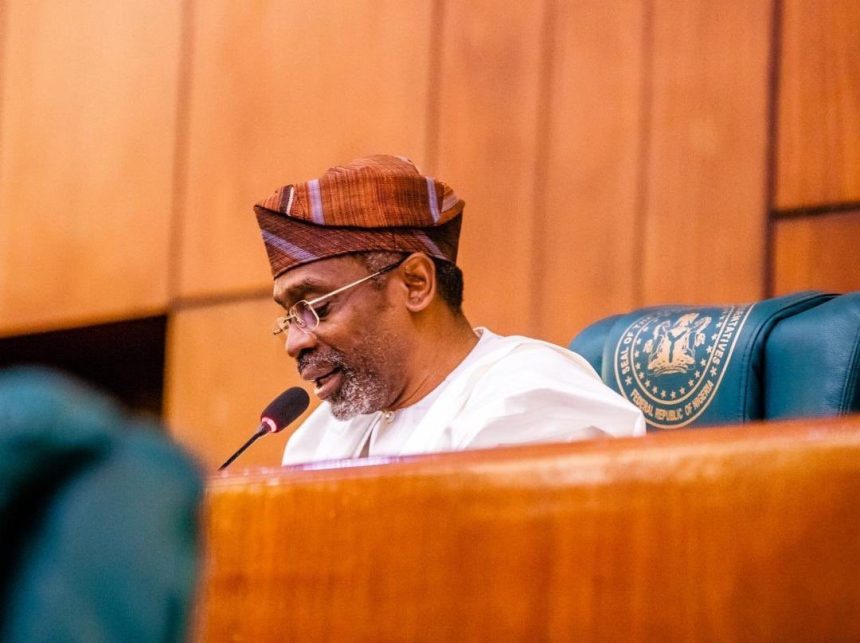The Executive Vice-Chairman of Nigeria Communications Commission (NCC), Prof. Umar Dambatta has revealed that up to 40 million Nigerians residing in 207 communities across the country have been identified as not yet covered by telecommunications services more than 15 year after the voice revolution.
According to him, many of the affected communities are scattered in communities far away from city centres in many poorly developed states.
Though he did not name the areas worst hit, experts say most of the yet to be covered communities are agrarian societies who had been left untouched with government presence in terms of infrastructure including power, the bedrock of telecoms operations.
Speaking at a public lecture entitled ‘The national broadband plan as a catalyst for social and economic transformation: The NCC mandate’ organised by the Nigerian Academy of Engineering in Abuja, disturbed Danbatta attributed the observed poor quality of service in the country to neglect of fixed telecommunications services, which had put tremendous pressure on mobile wireless services.
He said to reduce pressure on the existing lower microwave frequency bands and increase broadband access across the country, the NCC planned to license the 38 GHz and 42 GHz bands, adding that both bands were suitable for short hop and point-to-point terrestrial links.
The bands also support 3G/4G/LTE backhaul and a high degree of frequency reuse due to the high directivity of their antennas.
Explaining more, he said “Currently in Nigeria, more than 10 terabytes of telecommunications capacity exist at the landing point, but the challenge is the deployment of fibre infrastructure across the country that will effectively distribute this capacity to the distribution nodes at the metropolitan areas of all regions in the country that will supply sufficient fibre capacity to the backbone.
“The commission is finalising subsidy agreements with two infrastructure companies, Infraco Nigeria Limited and I-Connect Infrastructure Services Limited, for the Lagos and North Central zones, respectively to facilitate the rollout of broadband services.
“The remaining five zones, North-East, North-West, South-East, South-South and South-West, are in the pipeline. The subsidy agreement is a Public-Private Partnership scheme in the provision of price regulated broadband services in Nigeria.”








